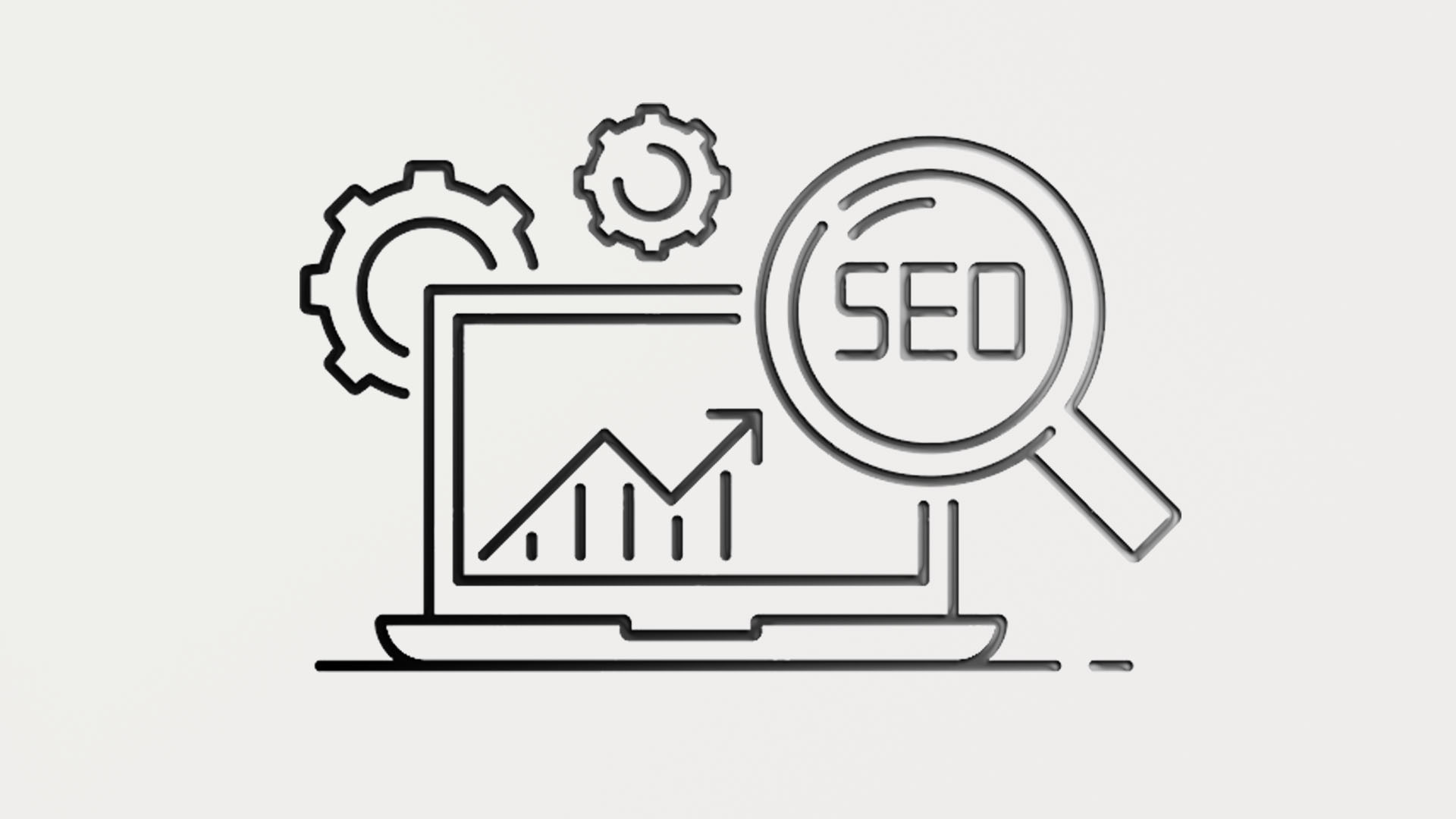The modern browsing experience is shaped by many factors, but one of the most important is website speed. In this blog post, the author aims to inform website owners on how to optimize their site’s loading speed, helping them improve user experience and achieve better search engine rankings.
What does Website Speed mean?
Website speed is a crucial factor for achieving SEO success. If your site takes too long to load, you may see valuable opportunities slipping away. While there are effective ways to boost your website’s speed for better SEO performance, these improvements don’t come with quick fixes or shortcuts—they require time and effort.
Tips to Improve Your Website’s Loading Speed
Ensuring your website loads as quickly as possible is crucial. Slow loading times can cause webmasters and SEO specialists to miss out on improved search rankings. Here are some effective tips to optimize your website’s load time:
Strategies to Boost Your Google Page Rank
Google continuously updates its ranking algorithm, often leaving website owners wondering how to enhance their website’s speed and performance. Before making any adjustments, it’s crucial to identify the factors causing your website to load slowly. One useful tool is the Google Disavow Tool, which helps eliminate low-quality backlinks that could be affecting your domain’s ranking.
When optimizing your website for Search Engine Optimization (SEO), assessing your website’s speed should be the first priority. Slow loading times can harm your search engine rankings and reduce your site’s visibility. That’s where Xpansion Technology comes in. We offer professional website development services, specializing in website speed optimization, performance enhancement, and delivering top-quality website solutions.
How to Enhance Your Website’s Page Speed to Boost Alexa Ranking
By increasing your website speed, you not only lower the bounce rate (the time visitors spend before navigating away), but you also enhance your website’s search engine ranking. A leading team specializing in kitchen remodeling services in California is ready to assist you. Faster website speed often results in better rankings, achieved by ensuring your site loads quickly and experiences minimal downtime.
A slow website can negatively impact your SEO. When your site is difficult to navigate due to sluggish performance, visitors are less likely to explore your pages or click on your links. This can lead to reduced traffic and, ultimately, lower revenue.
Three Simple Steps to Achieve a Fast-Loading Website
If your website is running slowly, it can significantly harm your SEO performance. Several factors can contribute to slow website speed, such as outdated technology or poor server performance. To improve your site’s speed, follow these three simple steps:
- Ensure that all content on your website is easily visible on both mobile and desktop devices, as most users access sites from various platforms.
- Limit the use of heavy or slow-loading plugins that can overload your server.
- Focus on writing clean, efficient code with speed optimization as a priority.
Final Thoughts
In summary, website speed is crucial. Google penalizes slow-loading websites, which can negatively impact your search rankings. Sometimes, this issue stems from your hosting provider—especially with shared hosting. Considering solutions like switching to Nginx instead of Apache or using a PHP tool like Optimize-Me can help address these speed concerns.
While there are simple steps any organization can take to enhance website speed for SEO, some advanced techniques may require more time, effort, and investment.
Partnering with a top web design company in Australia can significantly improve your website’s speed and SEO performance. A faster website leads to better usability, encouraging visitors to stay longer. With an optimized site design, your pages will load quickly, improving user experience with smooth transitions, fast-loading pages, and interactive elements like hover effects or preloading splash screens. Ultimately, improving website speed creates a better browsing experience and boosts your search engine performance.




Leave a comment